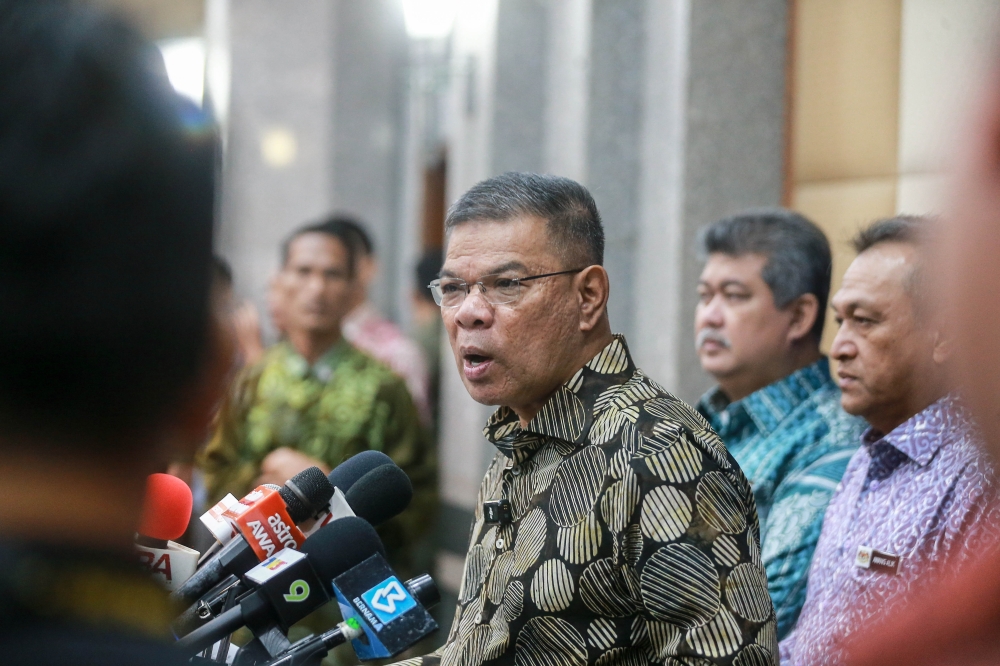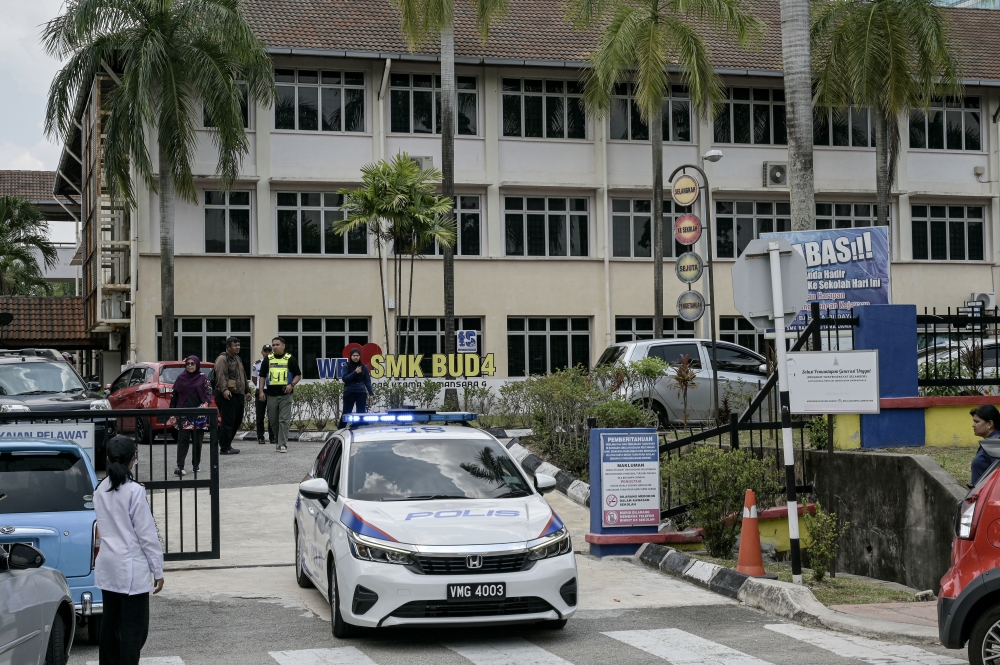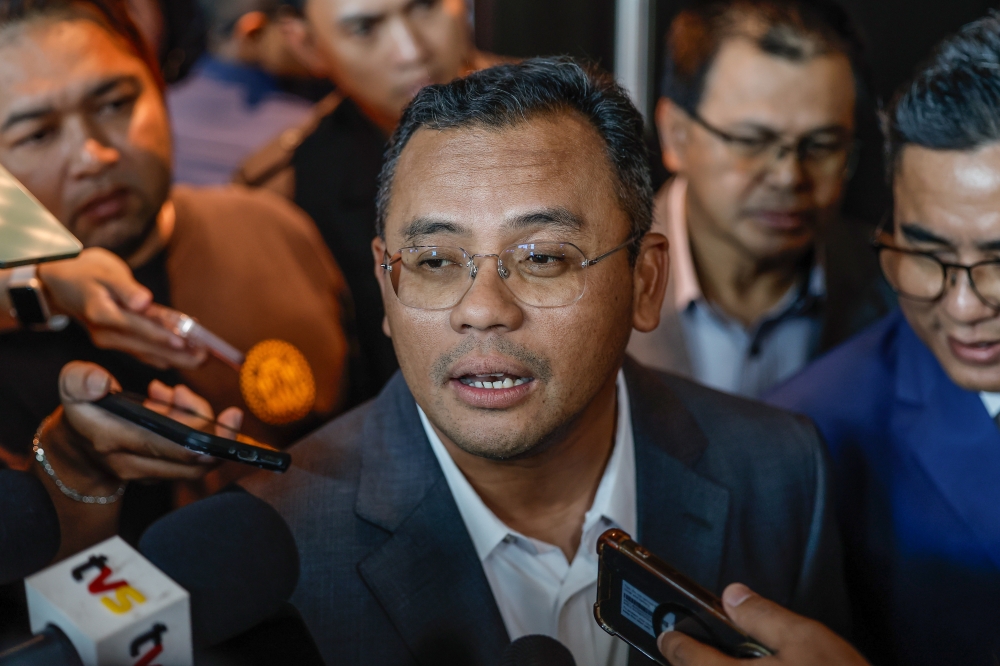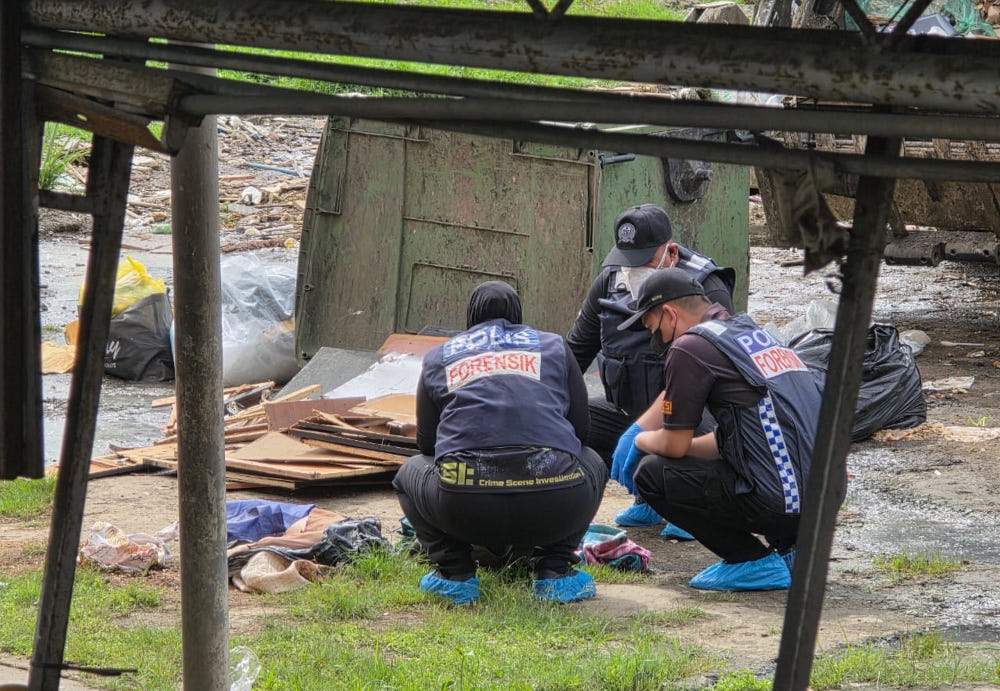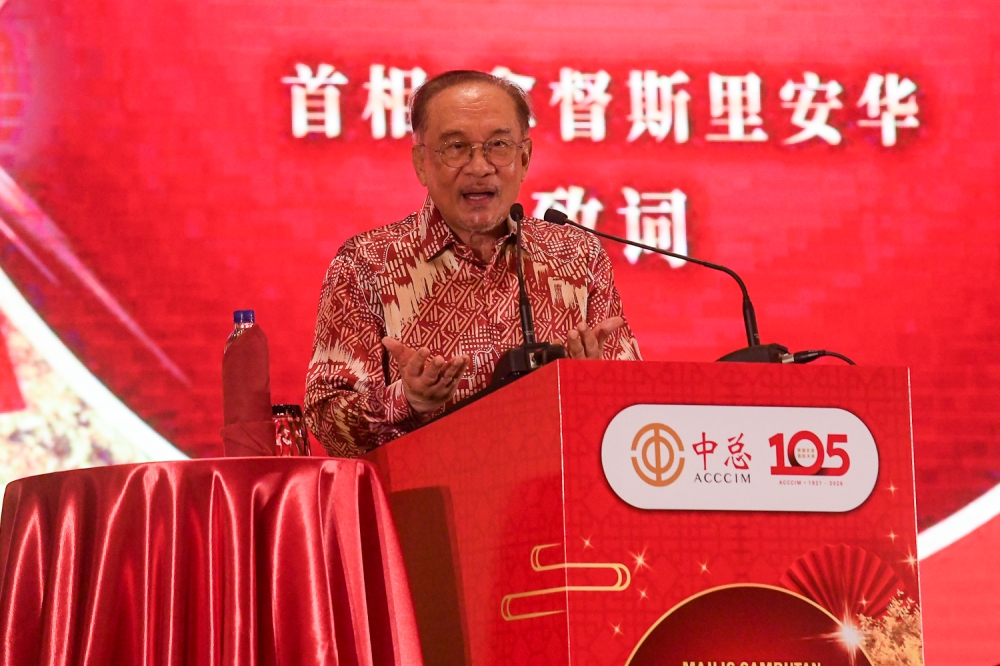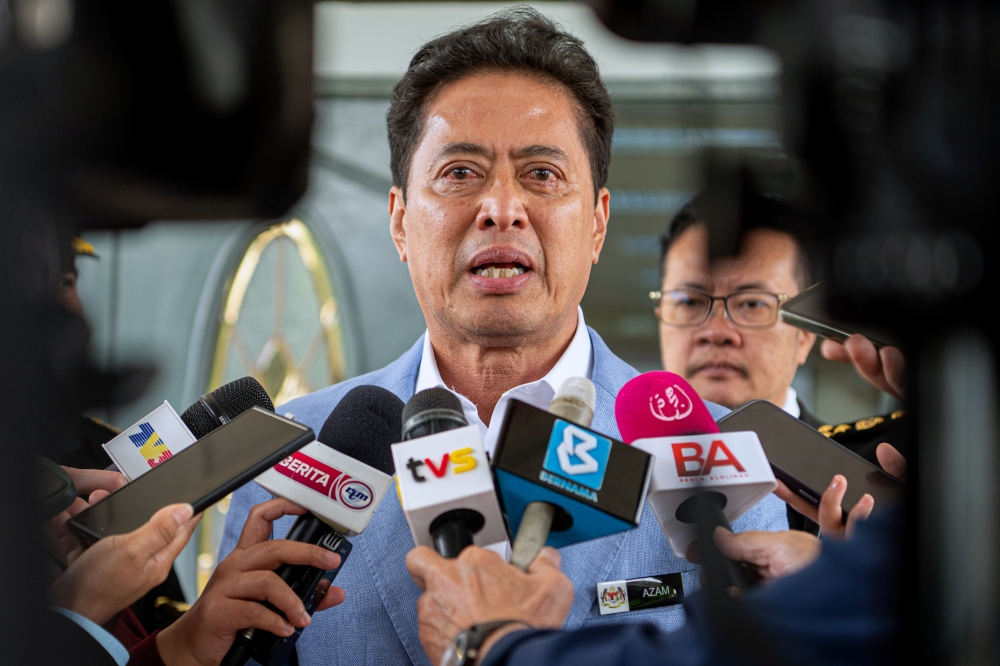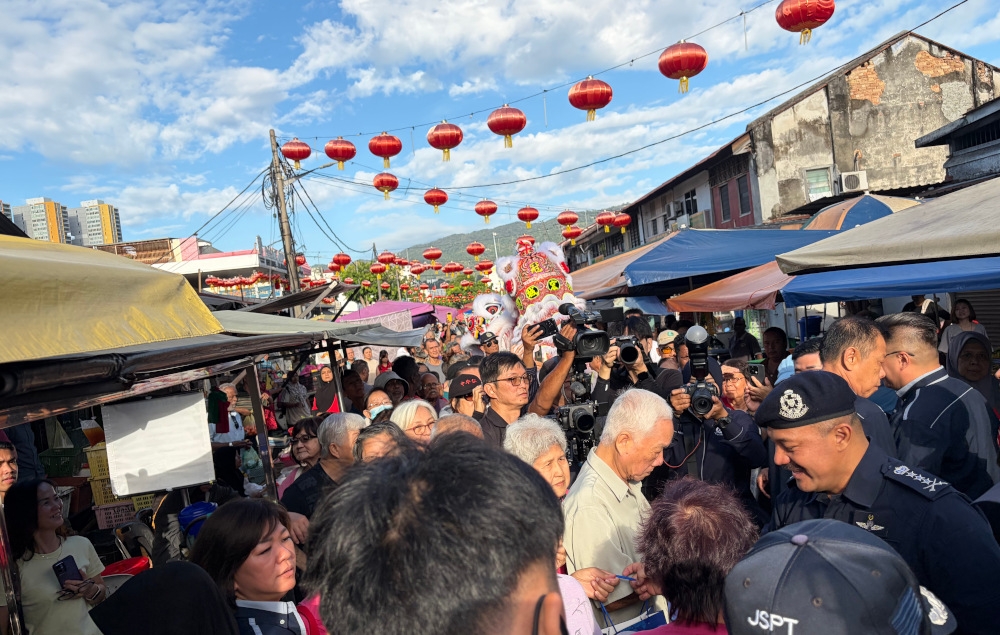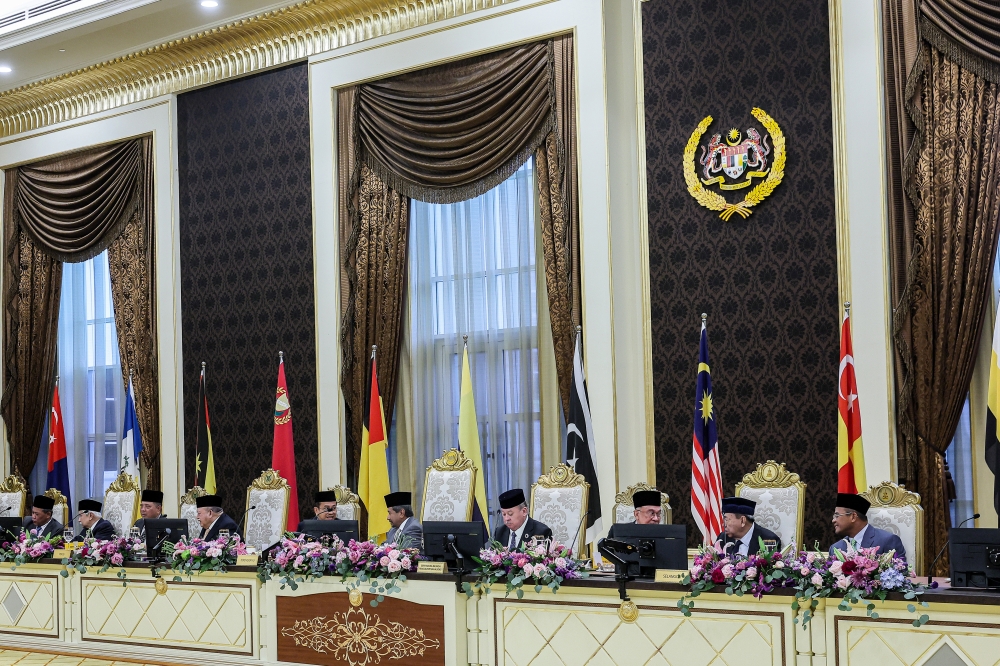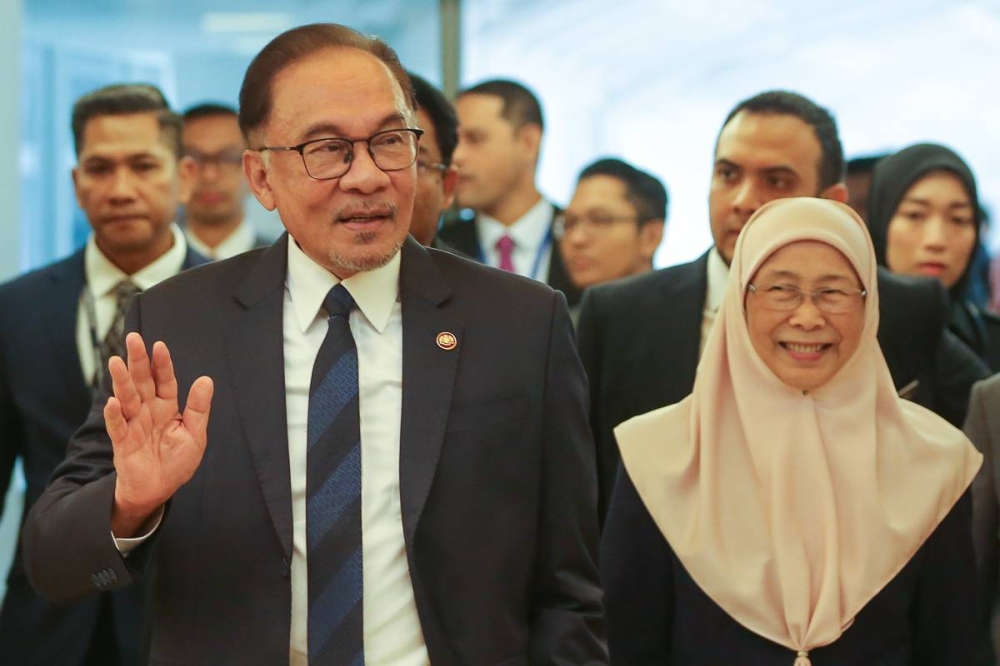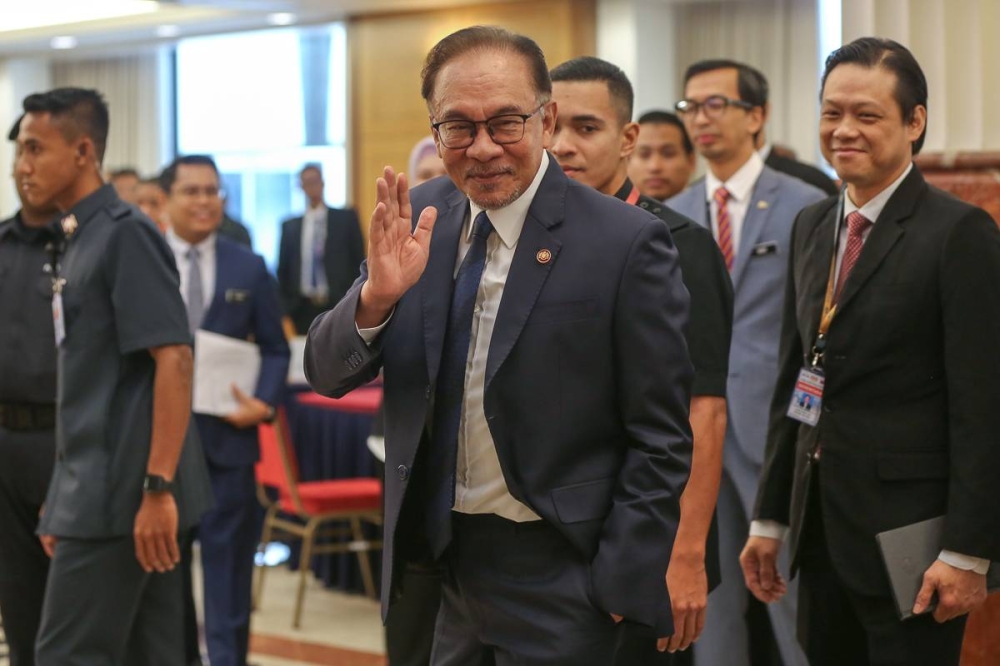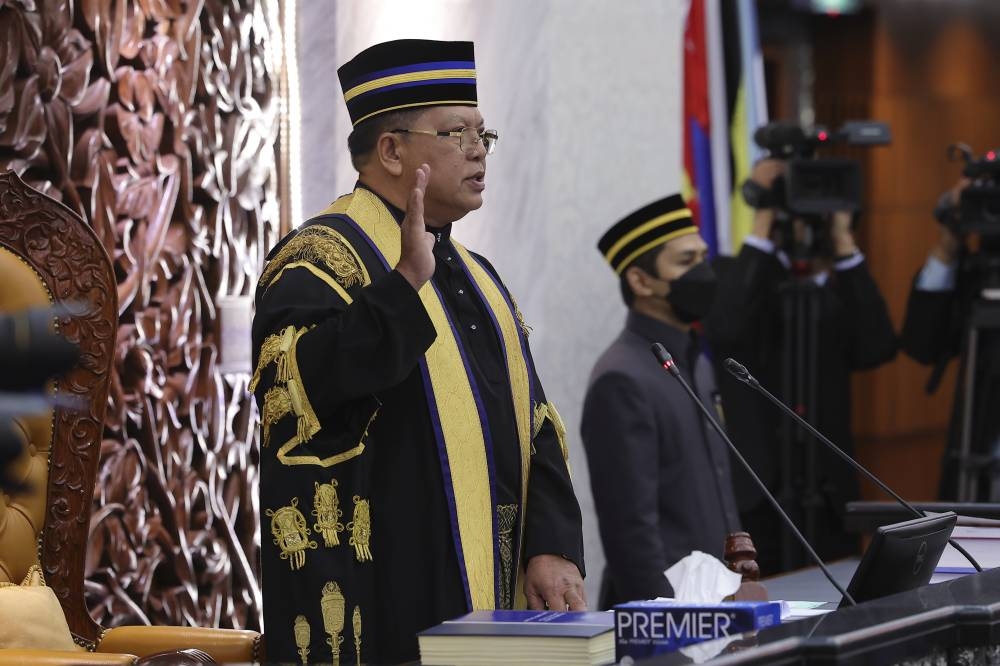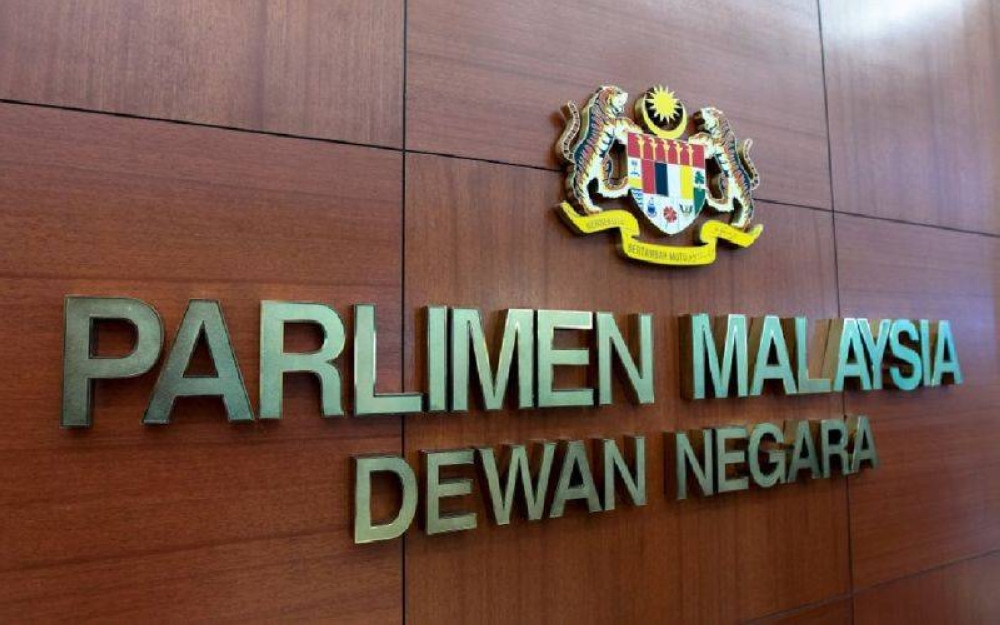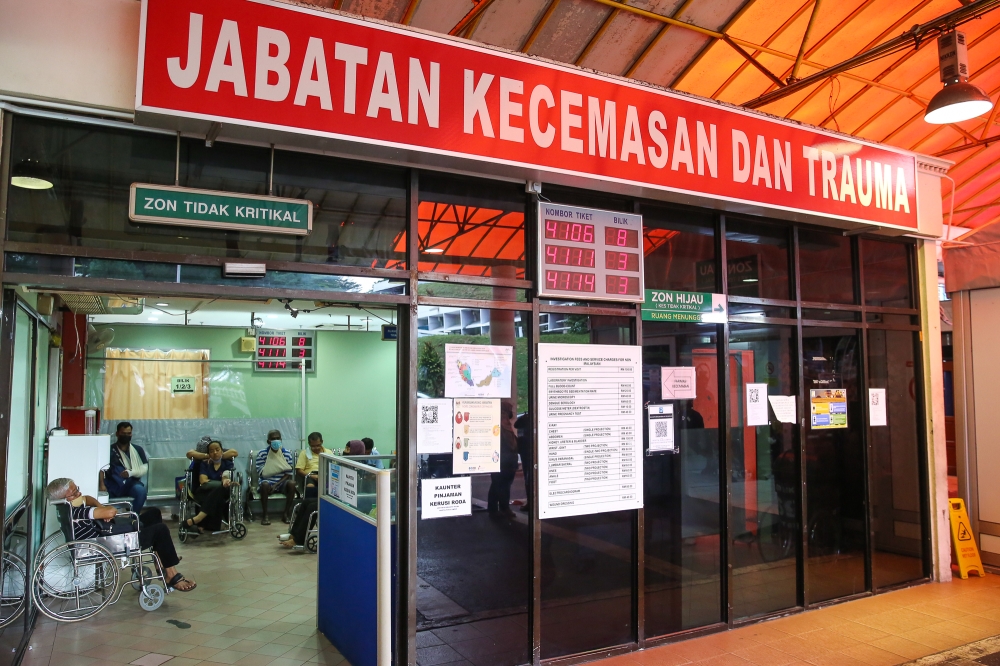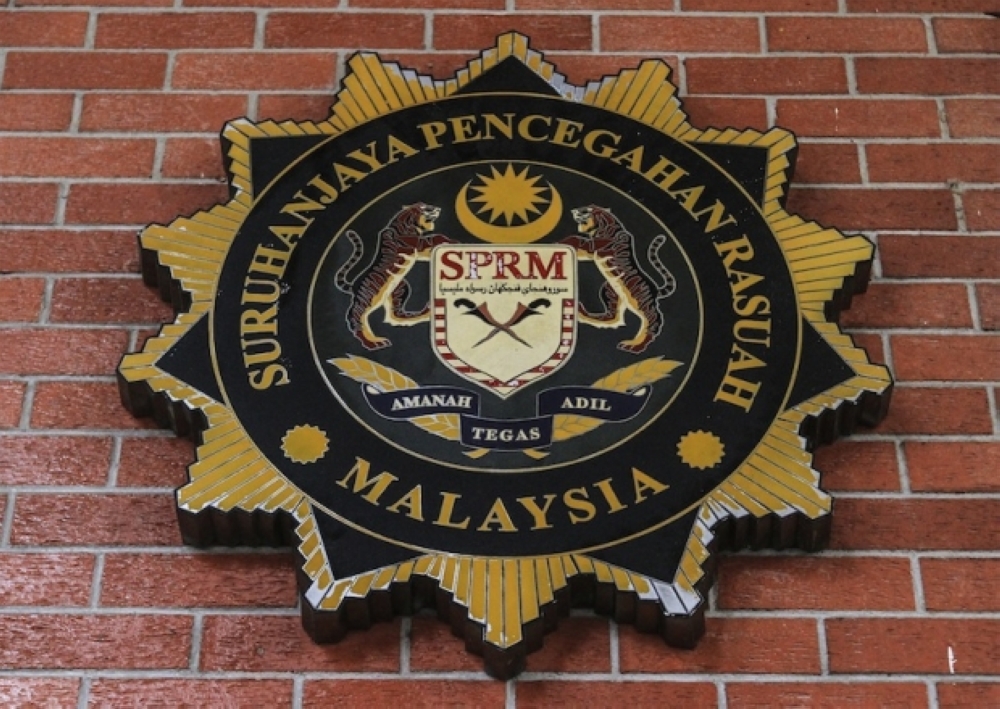KUALA LUMPUR, Dec 19 — The motion of confidence on Prime Minister Datuk Seri Anwar Ibrahim passed via a voice vote today in the Dewan Rakyat.
The debate on the motion saw the participation of 12 MPs, including Perikatan Nasional’s (PN) new Opposition leader, Datuk Seri Hamzah Zainudin.
The session saw several heated exchanges between former allies-turned-political foes, notably on the issue of the legitimacy of the government and the memorandum of understanding (MoU) supporting Anwar recently signed by the five parties that make up the current unity government.
PN MPs, led by PAS’ Datuk Seri Takiyuddin Hassan, held a press conference later, during which they expressed their surprise over the absence of a voting process on Anwar.
However, Takiyuddin said that the matter rests with the government MPs and not the Opposition bench.
“So, in this matter, earlier the Dewan decided that this motion be passed, and we all heard that it was passed with a voice vote without votes. That is important.
“What was discussed among us, the Opposition, one of it was the motive or the aim as to why the motion was brought. For us, generally, the motion need not be tabled already as the Yang di-Pertuan Agong already appointed the prime minister under Article 43(2) of the Federal Constitution, according to the prerogative, special powers of the Agong to appoint a prime minister. And the prime minister, after being appointed, had formed the government.
“So why is there still a need to bring a motion of confidence on the prime minister? Unless the intention of the prime minister is that he wants to prove how much support there is towards him.
“Whether it is a simple majority, two-thirds majority, or anything else, this is what happened in the Dewan Rakyat today. It was found that support of the prime minister, out of 222 MPs, is not known. That is all.
“We did not ask for voting, because we didn’t vote. Normally, if we want to know how many votes will be given, we would then ask for a bloc vote. We did not ask, but the other side also did not ask,” he said when asked why PN did not ask for a bloc vote on the motion.
“We don’t know why they did not ask. That is their problem. Case is done. Case closed. No numbers found from this motion. No 148 or 160, nothing. 222? Don’t know. That is not our business,” he said, adding that PN was keener on the MoU that was signed, insisting that it was an invalid document as it contravenes several laws under the Federal Constitution.
As per parliamentary decorum, at least 15 MPs must stand and request for a recorded ballot on motions, or otherwise, a voice vote is used as the default procedure by the Speaker or Deputy Speaker presiding over the meeting. After the debate on the motion of confidence, no MPs from either side stood up to demand for a voting process.
Takiyudin had earlier in his speech debating the motion of confidence on Anwar claimed that the coalition’s MPs were offered Cabinet positions and even reimbursement of their election expenses, should they support the unity government led by the latter.
The Kota Baru MP made the allegation but stopped short of naming who made the offer.
Takiyuddin also questioned the legitimacy of the memorandum of understanding (MoU) for the unity government, which allows Anwar to establish a supermajority, with support from 148 MPs, calling it “an unconstitutional document”, as it contradicts several aspects of the Federal Constitution
The coalitions that signed the document of support were Pakatan Harapan (PH), Barisan Nasional (BN), Gabungan Parti Sarawak (GPS) and Gabungan Rakyat Sabah (GRS), while Parti Warisan also signed on as an individual party.
“At the very least, I want to get an explanation for this. At the very least, three sections under the Federal Constitution,” he said, listing Article 10, Article 63 (2) as well as Section 24 and Section 24 of the contract laws.
Article 10 stipulates provisions relating to freedom of speech, while Article 63 touches on the limitations of court interventions in matters relating to parliamentary proceedings.
Article 63 (2) mentions that no person shall be liable to any proceedings in any court in respect of anything said or any vote given by him when taking part in any proceedings of either House of Parliament or any committee thereof.
“There is not one legal provision under Article 49A which states that MPs from the government’s side, who are not with the government, will be stripped of their posts as MPs.
“Section 24 and 25 state that in any agreement, this MoU, which is based on forbidden by-laws, becomes a contract that is invalid,” he added.
Takiyuddin said that the Malaysian Bar had similarly highlighted several concerns about Clause 4 of the MoU.
Last week, the MoU for the unity government was signed, paving the way for Anwar to establish supermajority support during the confidence vote.
According to the MoU, all the signatory coalitions and parties must support Anwar in all matters of confidence and supply as well as those that could have a bearing on the legitimacy of his administration.
The coalitions and parties were responsible for ensuring their federal lawmakers abided by the MoU, and any MP who did not comply would be considered as having resigned from his party, effectively triggering the anti-hopping law.
According to the agreement, the supporting lawmakers included all those except from the parties in Perikatan Nasional and Pejuang, which amounted to 148 out of the 222 in Parliament.
After he was appointed as the prime minister, Anwar pledged to table a motion of confidence in the parliamentary meeting today, to establish his majority to lead the government.
Anwar was named the prime minister of a national unity government after his Pakatan Harapan (PH) coalition won 82 seats in the 15th general election (GE15), which was the most by any single group or party but still short of the 112 needed for a simple majority.

